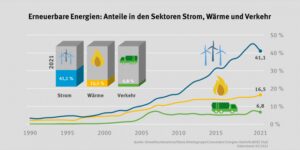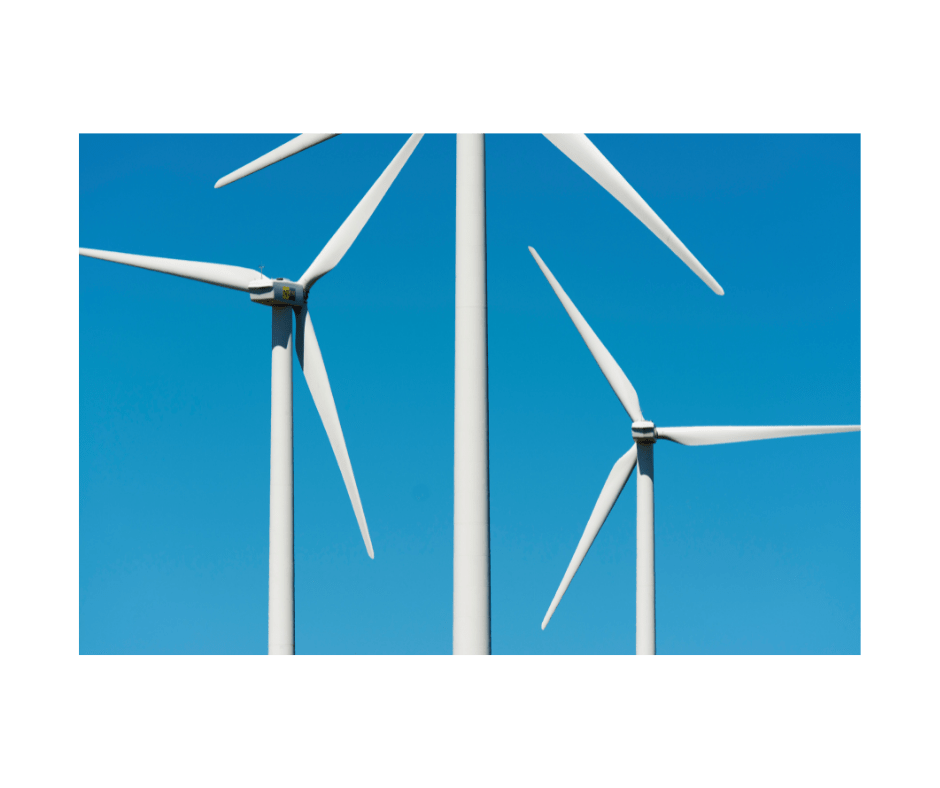

In June 2022, Nordex's last German rotor blade plant for wind turbines will close. The cost competition with international competitors was too great and the trend towards larger rotor blades too problematic. The developments in the industry - which are reminiscent of the fate of the solar industry in Germany - are likely to be a serious loss for climate protection made in Germany, as valuable technical research and development expertise will be lost.
Paradoxical, especially when you consider that renewable energies are the future - we believe in this and so does the federal government. By 2030, renewable energies are to have a share of 80 percent of gross electricity consumption. The expansion is to be tripled with the "Easter Package". An urgent step, because with a share of 41.1 percent in the electricity sector, the figures in 2021 were actually declining most recently.
The expansion paths for wind and solar energy are an important lever - not least, according to Federal Minister of Economics and Climate Protection Habeck, also "for Germany's energy security and energy sovereignty". However, the installed capacity of wind energy increased by only 1,677 megawatts (MW) in 2021 - only a slight increase compared to 2020 (1,446 MW). The German government's energy and climate targets cannot be realised without a much faster expansion of wind energy. Renewable energies are therefore a real industry of the future for Germany as a business location.
Our team is putting its heart and soul into driving forward the expansion of geothermal, wind and solar power in Germany and is also specifically committed to climate protection through dedicated specialist departments in Leipzig and Munich.
#Energy transition #Germany #Climate #EngineeringForABetterTomorrow
Sources: https://www.bundesregierung.de/breg-de/themen/klimaschutz/novellierung-des-eeg-gesetzes-2023972

